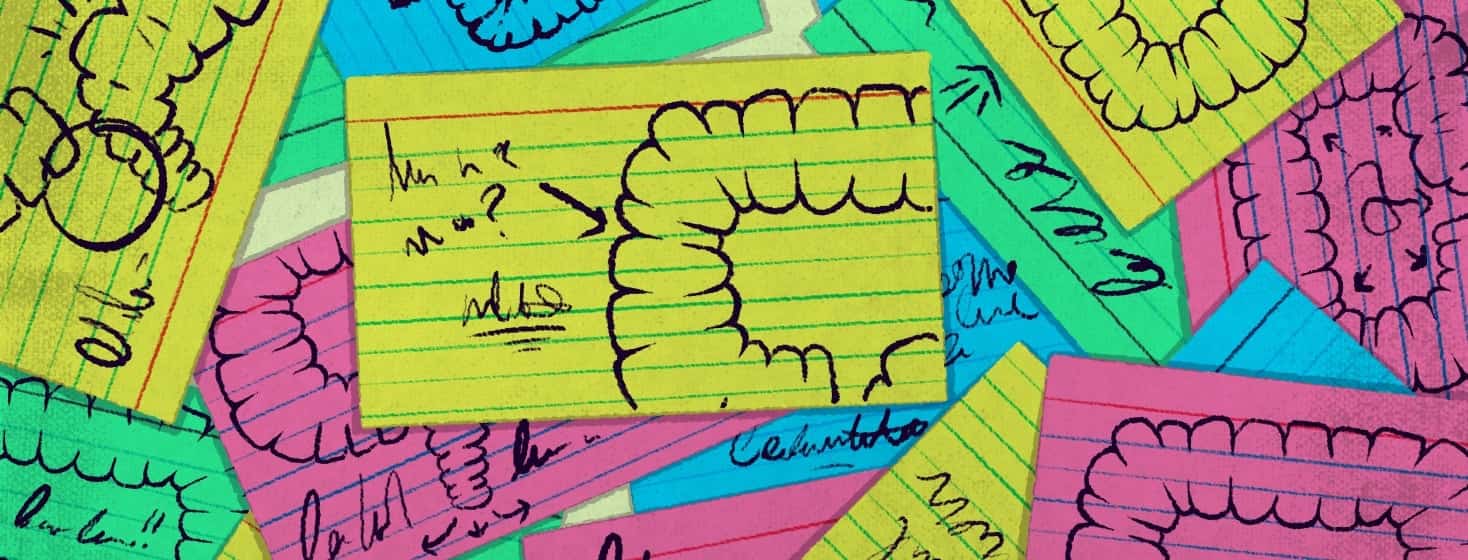Advice for those Newly Diagnosed: How to Handle the Medical Side
When someone receives a diagnosis of Crohn’s disease or ulcerative colitis, the next question is typically: “Now what?”
Learning how to best manage the symptoms of your diagnosis takes time. However, 1 of the areas you may want to think about sooner than later is medical care. Choosing a doctor, notably a gastroenterologist, can be a big part of the journey toward feeling better.
To learn more about how community members learned to manage the medical and healthcare aspect of their condition, we asked them: “What is a good piece of advice for someone newly diagnosed with Crohn’s disease or ulcerative colitis?”
More than 90 members offered lots of advice, and here is what was shared about the medical side of these diagnoses.
Finding a good doctor who listens
Since diagnoses like these affect everyone differently, it is incredibly helpful to find a doctor who will take the time to listen to your experiences and let you ask questions.
Not all doctors are equal, and not all believe in giving airtime to their patients. If it helps, make a list of your questions and everything you want to tell your doctor ahead of your appointment so you do not struggle with remembering it all on the spot.
“Find a doctor who listens.”
“Find a good gastroenterologist, and do not say you are ‘fine.’ Be honest about all your symptoms. Remember to mention symptoms such as joint pain and eye or skin problems as well.”
“Find an excellent GI that actually listens, and be honest and tell them every symptom, no matter how small you might think it is.”
“If you do not like your gastro, go to another so you can function as a team.”
How do doctors handle emergencies?
“Make sure your doctor is easily accessible on short notice.”
A few voices in the community shared that it is worth finding a doctor who has appointments available at the last minute. You may want to ask your doctor how he or she handles emergencies.
And, if he or she cannot make time for those, perhaps there is another doctor they refer patients to in emergency situations. It is always better to have the option of a doctor you can see at the last minute as opposed to being in an emergency and scrambling to find a solution.
“Make sure your doctor is easily accessible on short notice. I have had flare-ups and then had to wait 2 months to see a doctor and did not have enough meds to carry me through.”
Should I stop my medications if I feel better?
This is a common scenario: People with Crohn’s or UC start to feel better and choose to stop taking their medicine. Most likely, that medicine is what is helping them to feel better. Going off meds might be an option, but talk to your doctor about what is best for you before you stop taking them.
“Do not stop meds because you feel better.”
“One of the biggest things that concerns me is when patients go off maintenance biologic therapies because they start to feel better.”
Do your own research and be your own advocate
“Even the doctors will not tell you everything.”
Many, many community members spoke up about the value of doing your own research. It can help to be your own advocate and research about your diagnosis and your particular symptoms.
You might want to consider researching alternative treatments. You may also want to explore what your health insurance covers, and if that will work for you in the short- and long-term. It can be a lot to absorb but know that any research helps, and it does not all need to be done all at once.
“Do your own research! Even the doctors will not tell you everything.”
“Education about it is important.”
“Not sure what kind of health insurance you have, but read up on what your plan covers. Also, not sure of your age, but long-term care health plans are also good to look into, regardless of your age.”
“Learn as much as you can, from a variety of sources: other patients, as well as Eastern and Western medicine. Educate yourself as much as possible.”
Thank you to everyone who shared their wisdom for this story. We are grateful to hear from so many community members.

Join the conversation